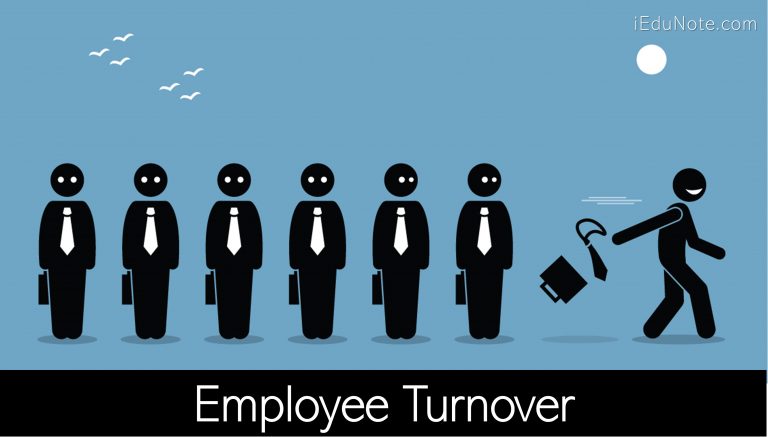
A company can only be as successful as the people helping to support everyday operations. One of the biggest costs associated with any company is the amount of time and money is dedicated to employee turnover. It is costly to hire and train new employees, and regular turnover can create huge bills for companies. Plus, valuable employees who are knowledgeable about procedures and systems can take a great deal of time to replace. The stay interview is a practice that helps reduce employee turnover, and better prepare for it when it does happen.
Before having success with this procedure, many people ask, “What is a stay interview?”. A stay interview is a conversation held between employees and supervisors to better understand the short term and long term goals of the employee so that they can stay happy and engaged for a longer period of time with the company. Further, stay interviews give the supervisor an idea of how long an employee is likely to stay with a company, so that the team can better forecast when employee turnover will occur.
Who Is Involved With Stay Interviews?
While a stay interview certainly involves all level of employee, from line level to CEO, the true power of the stay interview really resides with the supervisors and managers. It is up to these higher level managers to perform one-on-one interviews with employees to really understand what employees are looking for within a company. It is the responsibility of the managers to collect and interpret this feedback in order to create programs, goals, and development paths for employees to keep them on target to reach goals and stay engaged with the company. Further, the managers and supervisors are responsible for getting a good pulse on the employees to understand the longevity of each employee in his or her current role. Understanding how long a person will stay with the company can better help forecast when turnover costs will occur.
Why Are Stay Interviews Successful?
A simple interview with an employee can go quite a long way with employee retention. Knowing that managers are eager to learn about employee goals and drive help to make employees feel appreciated. They understand that the company is working together with them, and truly has a vested interest in each employee’s success within the company. Stay interviews are successful because they can get a reliable temperature check on the morale, skill set, and goals of individuals. This means that supervisors and managers can uncover hidden skills and drive, that will help improve the company in the long run. It is advantageous to develop and grow a current employee for higher roles, than hiring outside the organization. Further, stay interviews help give managers and supervisors a better idea of how long each employee will be in his or her current position. Forecasting employee turnover can better allocate budgeted money and time for interviewing and training new employees when turnover does occur.



